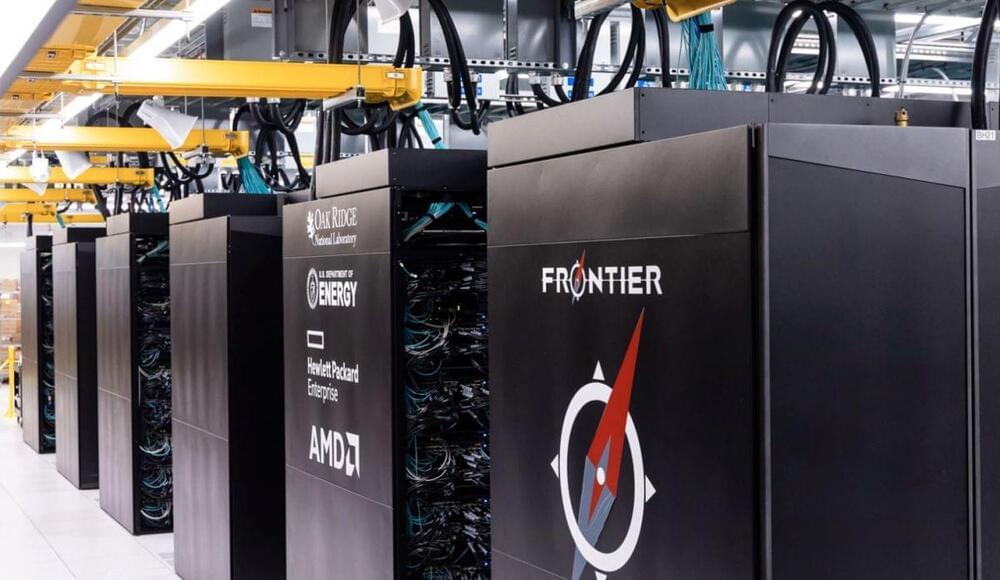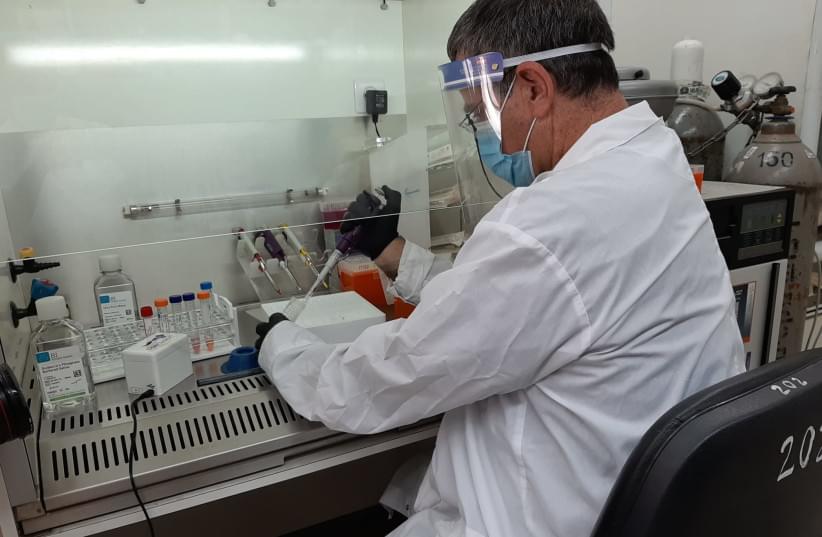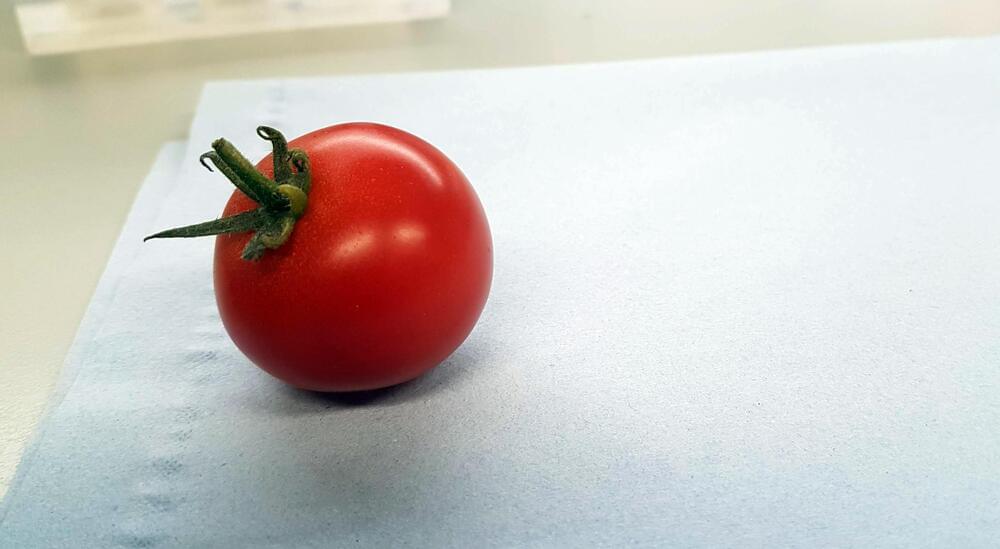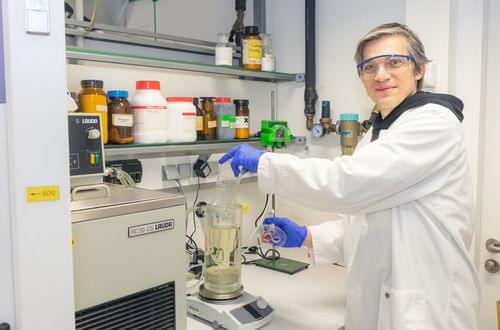The observable Universe is 92 billion light-years in diameter. These pictures put just how large that is in perspective.
Get the latest international news and world events from around the world.

Why Elon Musk’s Starlink Satellites scare China? Chinese Researchers have come up with a plan to “destroy” SpaceX Starlink satellites
China has to have the capability to identify and destroy SpaceX’s Starlink satellites, according to Chinese military experts in a report released in April. The research, headed by Ren Yuanzhen of the Beijing Institute of Tracking and Telecommunications, was published in the Chinese peer-reviewed journal Modern Defence Technology. The publication inexplicably disappeared from the online version of The South China Morning Post after The South China Morning Post reported on its contents.
David Cowhig, a former US ambassador, was able to complete the translation of the document before it vanished, which allowed him to uncover a number of preventative steps that were suggested to be taken against Starlink. According to the study, China has to “use a mix of soft and hard kill measures to disrupt the operating system of the constellation and deactivate part of the Starlink satellites.”



Bizarre neutron star spins every 76 seconds inside a stellar graveyard
Neutron stars are normally extremely fast-spinning stellar corpses left over from the intense violence of a supernova, but researchers have found one in a “stellar graveyard” where one should not be – and it spins at a relatively glacial rate of once every 76 seconds.
Researchers with the University of Sydney found the bizarre radio signal, designated PSR J0901-4046, emitted by the neutron star thanks to the MeerKAT radio telescope in South Africa and weren’t even expecting to see it. The region of the sky they were observing was thought to be free of pulsars, since none had been observed there before.
Now they might know why. Capturing eight-second-long samples of the sky, they caught sight of a single pulse from the star, which had to be confirmed with subsequent observation due to its unexpectedly long rotational period.

NVIDIA launch rumor: GeForce RTX 4090 first, RTX 4080 + RTX 4070 after
We might be consumed with CPU news with AMD’s upcoming Zen 4-based Ryzen 7,000 series CPUs, teasing a 16-core engineering sample at 5.5GHz+ but now we’re back to GPU rumors again with NVIDIA reportedly launching the higher-end GeForce RTX 4,090 first.
According to the latest from leaker “kopite7kimi”, NVIDIA will reportedly launch the GeForce RTX 4,090 first, then the GeForce RTX 4,080 and GeForce RTX 4,070 after. This would break tradition, as NVIDIA normally launches the x080 and x070 series GPUs first, followed by the x090 series GPU… but the RTX 4,090 launching first makes sense.

Israeli company Virusight’s device detects COVID-19 in 20 seconds
Virusight Diagnostic, an Israeli company that combines artificial intelligence software and spectral technology announced the results of a study that found that its Pathogens Diagnostic device detects COVID-19 with 96.3 percent accuracy in comparison to the common RT-PCR.
The study was conducted by researchers from the Department of Science and Technology, University of Sannio, Benevento, Italy with partner company TechnoGenetics S.p. A.
The Virusight solution was tested on 550 saliva samples and found to be safe and effective.

Gene-edited tomatoes could be a new source of vitamin D
Tomatoes gene-edited to produce vitamin D, the sunshine vitamin, could be a simple and sustainable innovation to address a global health problem.
Researchers used gene editing to turn off a specific molecule in the plant’s genome which increased provitamin D3 in both the fruit and leaves of tomato plants. It was then converted to vitamin D3 through exposure to UVB light.
Vitamin D is created in our bodies after skin’s exposure to UVB light, but the major source is food. This new biofortified crop could help millions of people with vitamin D insufficiency, a growing issue linked to higher risk of cancer, dementia, and many leading causes of mortality. Studies have also shown that vitamin D insufficiency is linked to increased severity of infection by Covid-19.

Newly discovered enzyme breaks down PET plastic in record time
Plastic bottles, punnets, wrap – such lightweight packaging made of PET plastic becomes a problem if it is not recycled. Scientists at Leipzig University have now discovered a highly efficient enzyme that degrades PET in record time. The enzyme PHL7, which the researchers found in a compost heap in Leipzig, could make biological PET recycling possible much faster than previously thought. The findings have now been published in the scientific journal “ChemSusChem” and selected as the cover topic.
One way in which enzymes are used in nature is by bacteria to decompose plant parts. It has been known for some time that some enzymes, so-called polyester-cleaving hydrolases, can also degrade PET. For example, the enzyme LCC, which was discovered in Japan in 2012, is considered to be a particularly effective “plastic eater”. The team led by Dr Christian Sonnendecker, an early career researcher from Leipzig University, is searching for previously undiscovered examples of these biological helpers as part of the EU-funded projects MIPLACE and ENZYCLE. They found what they were looking for in the Südfriedhof, a cemetery in Leipzig: in a sample from a compost heap, the researchers came across the blueprint of an enzyme that decomposed PET at record speed in the laboratory.
The researchers from the Institute of Analytical Chemistry found and studied seven different enzymes. The seventh candidate, called PHL7, achieved results in the lab that were significantly above average. In the experiments, the researchers added PET to containers with an aqueous solution containing either PHL7 or LCC, the previous leader in PET decomposition. Then they measured the amount of plastic that was degraded in a given period of time and compared the values with each other.

Giant Deep Ocean Turbine Trial Offers Hope of Endless Green Power
Power-hungry, fossil-fuel dependent Japan has successfully tested a system that could provide a constant, steady form of renewable energy, regardless of the wind or the sun.
For more than a decade, Japanese heavy machinery maker IHI Corp. has been developing a subsea turbine that harnesses the energy in deep ocean currents and converts it into a steady and reliable source of electricity. The giant machine resembles an airplane, with two counter-rotating turbine fans in place of jets, and a central ‘fuselage’ housing a buoyancy adjustment system. Called Kairyu, the 330-ton prototype is designed to be anchored to the sea floor at a depth of 30–50 meters (100−160 feet).
Tested in one of the world’s strongest ocean currents, a prototype generator could herald the start of a new stream of renewable energy.